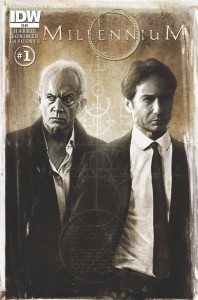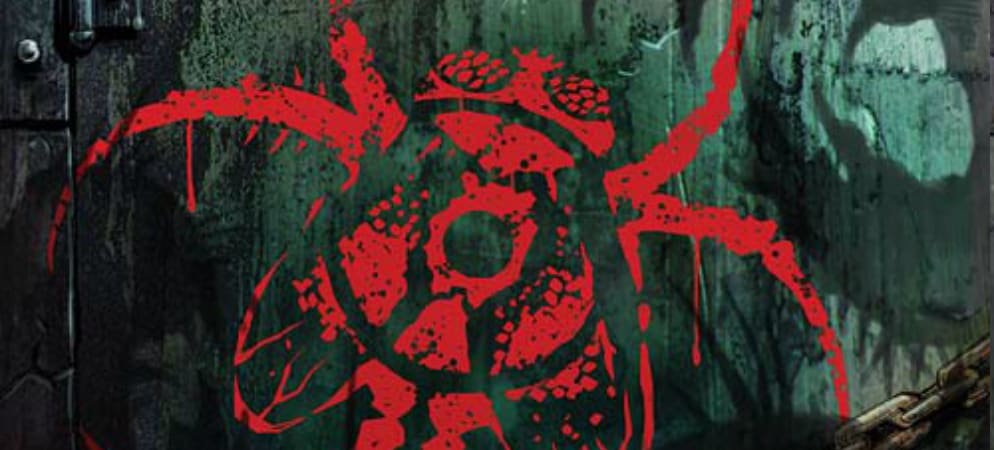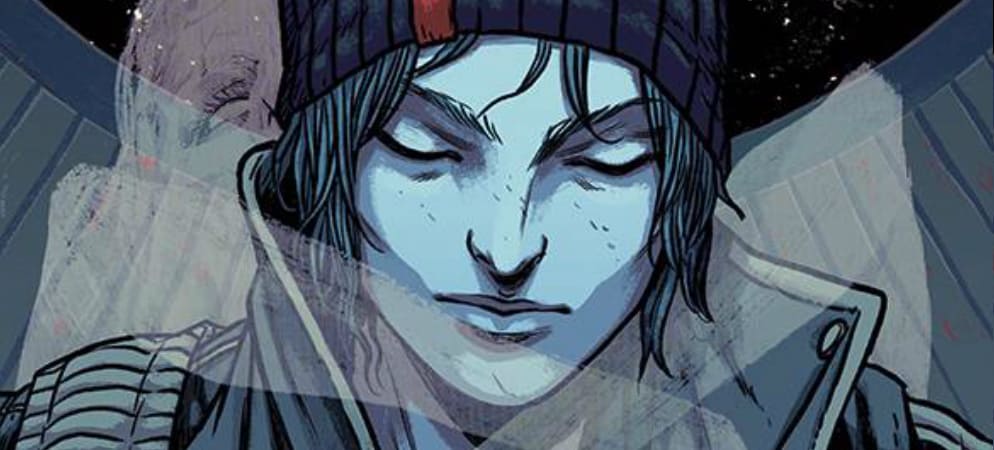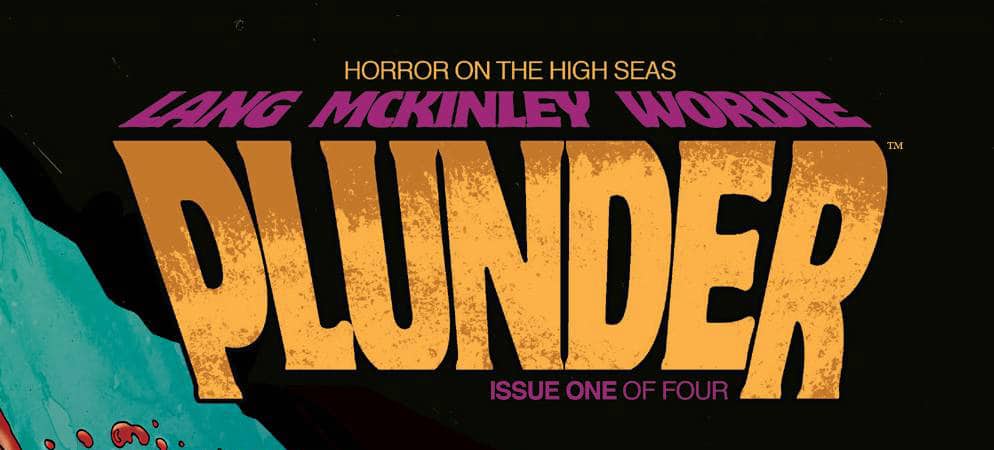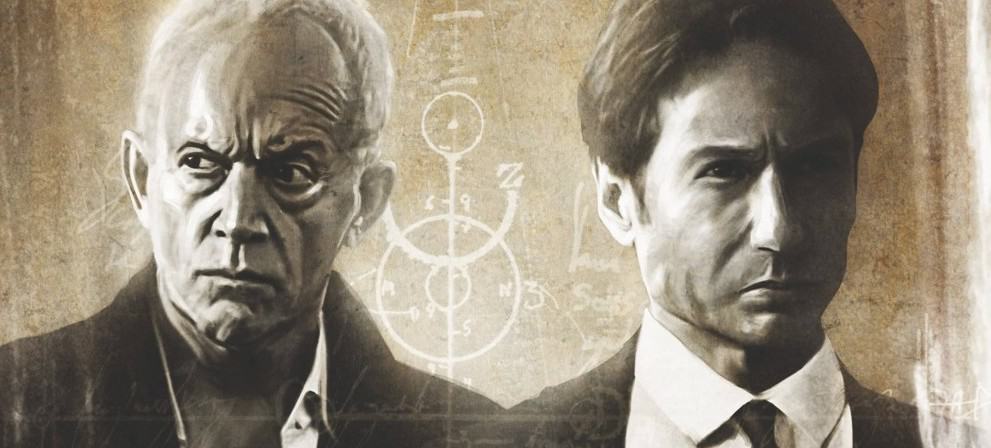
Comic Review: MILLENNIUM #1
MILLENNIUM #1
Writer: Joe Harris
Artist: Colin Lorimer
Colorist: Joana Lafuente
Publisher: IDW Publishing
Price: $4
My experience with the world of Chris Carter’s TV shows consists of a few scattered X-Files episodes (specifically ones written by William Gibson or starring Tony Todd) and a half hour of the Millennium pilot (also about fifteen minutes of Harsh Realm). I remember absolutely loving these things but not being able to watch more because up until I was about 16, I wasn’t allowed to watch much TV, and certainly not the scary stuff. By the time I was 16, any interest I might have had in TV was scoured away by my devoted passion to my Super NES. As I’ve gotten older, my caution in sampling The X-Files and Millennium has been due to the size of the commitment; I know the series are intertwined and that The X-Files has a denouement after its ninth season that, in theory, provides a sense of closure (unlike a certain other iconic ’90s TV thriller procedural I won’t name here) but with the current crop of TV offerings so delicious ripe, I just haven’t caved and started the inevitable binge watching of a series I should, by all means, be a fan of.
So why, then, am I reviewing the debut issue of Millennium, a comic based on a show I know nothing about that also, based on the cover, clearly features a character from The X-Files, a show I also am barely familiar with? For one, it’s written by one Joe Harris, best known for his excellent Great Pacific comic (of which I am a big fan) but also writer of the Alice Cooper comic I reviewed a while back. But perhaps more relevantly, the artwork is by none other than Colin Lorimer, a prolific fellow whose Blackout and Hellraiser: Bestiary work I reviewed some time ago, not to mention Burning Fields, which debuted and I reviewed this week. So not only do we get the opportunity to see how Joe Harris handles the challenge of bringing Millennium to the comic book page but we get to directly compare Lorimer’s work here with what he did in Burning Fields.
Millennium is a distinctly different beast from X-Files, focusing more closely on aberrant human behavior than the unseen forces that Mulder commonly tangled with. Well, at least, that was the intention set out my Chris Carter, but it was derailed by the series writers. Joe Harris opts to try to balance the influence of The X-Files and its supernatural elements with the more realistic, unsavory tone of Millennium. Just as an aside, it’s intriguing to point out that the protagonist of Millennium, Frank Black, has an ability that is remarkably similar to what Hannibal‘s protagonist has; that is, a deeply empathetic understanding of the killer’s mind to the point where he can envision his or her behavior. I should add that Hannibal‘s protagonist, Will Graham, had this ability back when Red Dragon was published back in 1981, more than a decade before Frank Black existed. Still, Carter should be credited for realizing what great potential this held as TV procedural drama and Millennium was clearly ahead of its time, given its critical buzz yet low viewing figures. Anyway, Harris immediately establishes that this series will focus more than a little bit on the mysterious Millennium organization of the show’s title, granting us us a impenetrably cloaked window into what the endgame was for the powerful eschatology cult in the 21st century, and it apparently seems to involve technology greatly. A wise move by Harris but tricky, given how notoriously difficult it is to construct a pulse-pounding thriller in a world bathed in modern conveniences.
So instead of pursuing this, we’re reeled back into the familiar world of serial killers, familiar territory for Frank but not necessarily Mulder, a contrast Harris openly plays with. The beauty of the Black/Mulder dynamic is that Frank Black is the one guy who Mulder can’t really make heads or tails of. There’s a blunt lack of trust in how Harris writes their interactions that obviously reflects how unnerved Mulder is by a now craggy old man with a somehow murkier worldview than Mulder’s. I haven’t seen the “Millennium” episode of The X-Files where they first meet so I’m not sure if they’re already somewhat familiar but it’s strongly implied and their arch exchange is cooling, given the intense circumstances of their meeting. Still, Harris has made it clear he has a lot of ground to cover and their sharpness helps keep things moving. Yet I can’t help feel like I’m more in the dark than I ought to be; there’s something about Frank’s daughter and the recently released killer they’re tracking that’s barely touched on yet seems highly relevant. More intriguing is the ultimate fate of the aforementioned killer, a demise that is implied to have an unearthly origin but not conclusively so. Harris, again, wisely veers from appealing to a category of reading that craves monsters beyond our ken and hints, perhaps, that we are dealing with something more (or perhaps less) conventional. So far, Harris has struck a rich vein of potential, transporting Mulder into the David Fincher-esque close-to-home terror of Millennium and forcing him to cope with the bruising melancholy of Frank Black. He also clearly realizes that Millennium differentiates itself from a run-of-the-mill CSI blood-pumper with the inclusion of the conspiratorial angle, specifically that of the Millennium Group, whose potential was squandered near the end of the series’ run by transforming it into a maudlin boogieman. The opening issue is rough for anyone not intimate with the series but that’s not to be held against Harris; it is, after all, called Millennium.
Colin Lorimer’s solid linework comes in handy with Millennium, as he marvelously replicates an older, doughier Mulder and, more pleasingly, a frayed, heart-wrenchingly spectral Frank Black that desperately makes me want to see Lance Henrikson reprise his role one last time. Lorimer depicts a worn out, muddled Midwestern USA, specifically a territory of Indiana I’ve visited a few times, and he doesn’t hold back crafting an intolerably drab scene of it, one that’s honestly not that far off. From the clinical, compressed meeting halls to run-down middle-of-nowhere motels, Lorimer obviously invests just enough energy in the backgrounds to evoke the doldrums and ennui that shows like The X-Files and Millennium depicted so well at times. One of the tricks that Lorimer and writer Joe Harris cleverly employ to dilute the demands on Lorimer is having Frank’s flashbacks saturated and narrow focused, providing jarring blasts of visual surrealism to simulate the former FBI agent’s uncanny talent. That said, the novelty of it does start to wear off after a while, as well utilized as it may be. Something like this works well in the medium of video but it comes off more intrusive in sequential form.
Joana Lafuente provides colors and helps add a second layer of mood and atmosphere to Colin’s lines. She skillfully navigates between glum interiors, bleak Midwestern suburbs and cavernous office buildings, generally sticking to a cool, earthy aesthetic but infusing it with enough texture and variety to steer it south of tedium, though at times it almost seems noxious in its griminess. Then again, Millennium is nothing if not relentlessly dreary. Letterer Shawn Lee is actually a welcome catalyst for the creepiness of the comic, applying small touches of sound effects with finesse in spots that other letterers might not bother with, earning the comic a much more enlivened feel. In particular, the chimes and scrapes are much appreciated, never hammering home the expressions of the noise but working in the background actively. Stellar contribution.
Millennium holds oceans of promise. I genuinely feel bad that I’ve gone into this with little to no awareness of how Millennium plays out at the end of the series so it’s a major victory for Harris that he scripts a page-turner that defies my confusion and has me desiring more, not just of what is likely going to be an enjoyably knotty plot but of Mulder and Black’s relationship. This is helped in no small part by the artistic team, who do the best they can adapting a show that honestly isn’t well suited to the world of comics, lacking the flash and diversity of The X-Files but instead opting for noirish brooding. Hopefully the story will accelerate further in the next issue and not get bogged down in the tedium of Frank’s inelegantly realized flashbacks.

